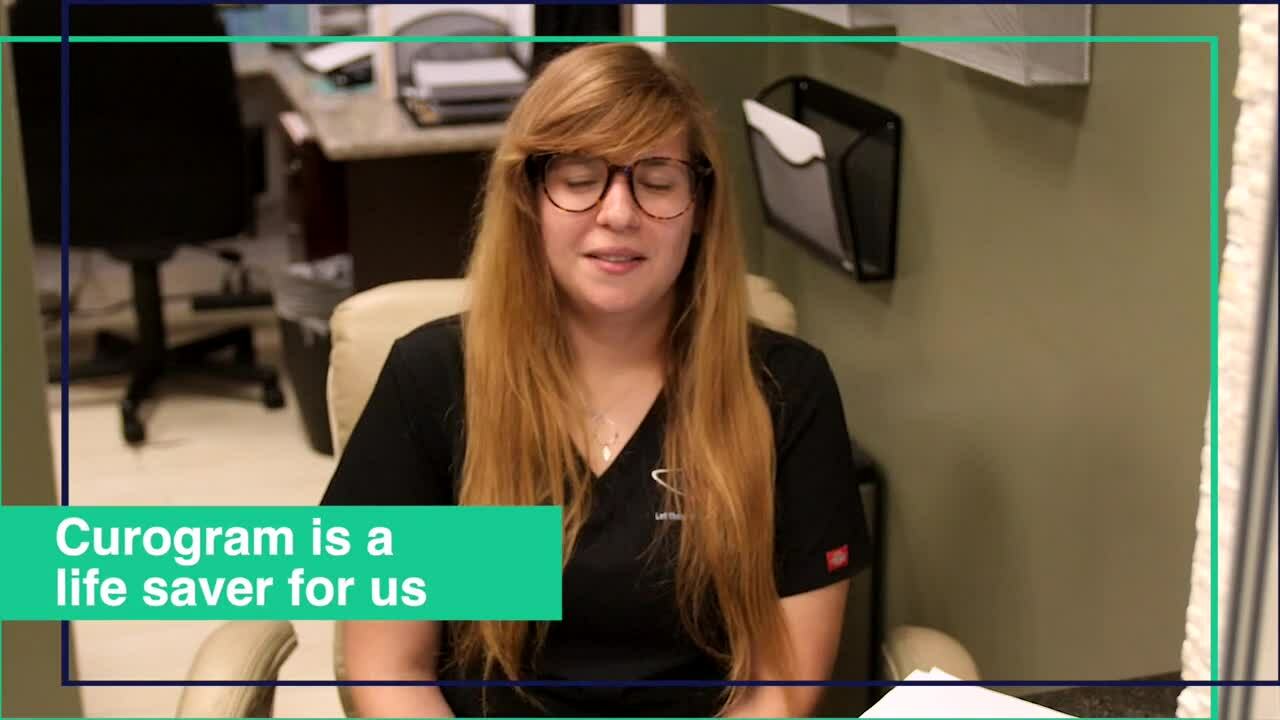There could be many reasons for missed appointments. It may be from forgetfulness, lack of transportation, or financial issues. But whatever the reason is, one thing’s for sure: appointment cancellations negatively impact your practice revenue and patient health.
To reduce appointment cancellations, some physicians are implementing aggressive strategies such as double booking, imposing fines, or banning patients following repeated cancellations. These strategies may be effective. However, they may cause a burden to patients or cause them to seek out health care elsewhere. .
You can take creative steps to reduce patient cancellations efficiently:
1. Make your waiting room comfortable and pleasant
One of the reasons patients are indecisive in attending their appointments is the amount of time they spend in waiting rooms. Many patients find it frustrating when they have to wait too long to be seen by their physician.
No matter how actively your medical staff reminds your patients to arrive earlier than their booked appointment, there will always be a late patient that disrupts the order of the entire appointment schedule. But remember, a late patient is still better than a canceled appointment.
Asking a patient to wait a little longer potentially increases the likelihood of them calling off future appointments. The best way to avoid such incidents is to transform your waiting room into a patient-friendly atmosphere.
Installing a comfortable sofa, large TV screen, and a coffee area will make your waiting room pleasing to your patients so that they won’t mind waiting a little longer.
You can also provide coffee table books, up-to-date magazines, and informative brochures or pamphlets in every corner of the room to keep the patients entertained. Make the interior design interesting and charming to make your patients feel like they are in a welcoming ambiance rather than in a hospital clinic.
Making these adjustments in your waiting room might make waiting more pleasant and patients may even look forward to visiting your office.
2. Offer discounts, incentives, or credits
Every month or at least twice a month, offer a modest discount, credit, or small incentive to patients who can attend their appointments twice or thrice in a row. This practice is a fun way to encourage them not to miss their appointments.
Create an appointment policy by granting your patients discounts to specific services for coming to their appointments on time. Each month, you can also enter your regular patients’ names into a draw. Whoever’s name is drawn will receive a simple prize, such as a gift card.
Aside from providing material things, you could also show appreciation by acknowledging and thanking your patients for showing up for their scheduled appointments and arriving on time. This simple act of gratitude motivates them to do the same for their subsequent appointments.
In the end, appreciating your patients’ efforts helps build patient loyalty and trust.
3. Make rescheduling easy
When a patient cancels their appointment, communicate with them immediately to show your concern and ensure that everything is fine. You can either call or text them to ask the reason for canceling. Make sure to come across with a concerned tone rather than accusing them of failing to show up or canceling intentionally.
Provide them the option to reschedule rather than canceling their appointment. Provide an easy and accessible way of rescheduling. You can either allow them to reschedule via phone call, text, or email.
For a better and more convenient way of rescheduling, you can use an online scheduling tool where patients can schedule and reschedule their appointments in advance. This method will give them the freedom to choose their preferred date and time. On the other hand, this will provide your medical staff a better opportunity to fill in the empty slots by booking other patients.
The ease of rescheduling can significantly affect the number of your office’s last-minute cancellations and no-shows.
4. Ask your patients how they want to reminders
Many appointments are missed or canceled because people forget about them. Often, when a patient realizes they have a scheduled appointment, it’s too late to arrive on time or they have other plans.The best way to deal with this is to send out automated patient appointment reminders.
Sending automated appointment reminders to your patients saves your practice a lot of time and reduces appointment cancellations. However, it’s possible to overdo this by sending constant reminders in different communication methods, causing your patients to be annoyed. When this happens, they may seek other clinics to cater their healthcare.
When a patient scheduled an appointment with you, make sure you ask them their preferred method to receive the automated reminders. Your office may send out the appointment notifications via email, text, or phone call at a specific time (three days before the scheduled appointment, a day before, day of, etc.) determined by your patient.
Sending a quick and courteous appointment reminder to patients not only serves to jiggle their memory but is also a thoughtful step that enhances patient satisfaction.
Additionally, this simple tactic of asking patients for their preferred method for appointment notification reassures them that your office will be ready for them once they arrive, which prevents them from becoming a no-show.
5. Offering telemedicine appointments
Due to the COVID-19 outbreak, patients became uncertain whether they should go to a hospital or clinic for checkups or treatments. This hesitation significantly impacted the healthcare industry and medical practices because of patient no-shows and cancellations. One way to address this issue is by implementing telemedicine programs.
Prior to the pandemic, healthcare providers primarily used telemedicine to serve remote communities. The demand for telemedicine among healthcare providers and patients increased with the pandemic as everyone was encouraged to stay at home and social distance.
Telemedicine allows doctors to meet with patients via videoconference or a phone call. Appointments are similar to in-person care, but the patient can log in from the convenience of their own home or office. They don’t have to travel, organize healthcare, or even take time off work, reducing many of the factors that contribute to appointment cancellations.
Ensuring patients attend their appointments is crucial for the success of your medical practice. While these methods can help reduce your patient cancellations, it’s challenging to eliminate these occurrences.
Take action to encourage your patients not to skip or cancel their appointments. Mention that attending their appointments can lead to better health management and improved long-term health. When patients learn the importance of getting treatment, they are more likely to commit to their scheduled appointment.


.png)
.png)
 4 Min Read
4 Min Read
 0
Comments
0
Comments


